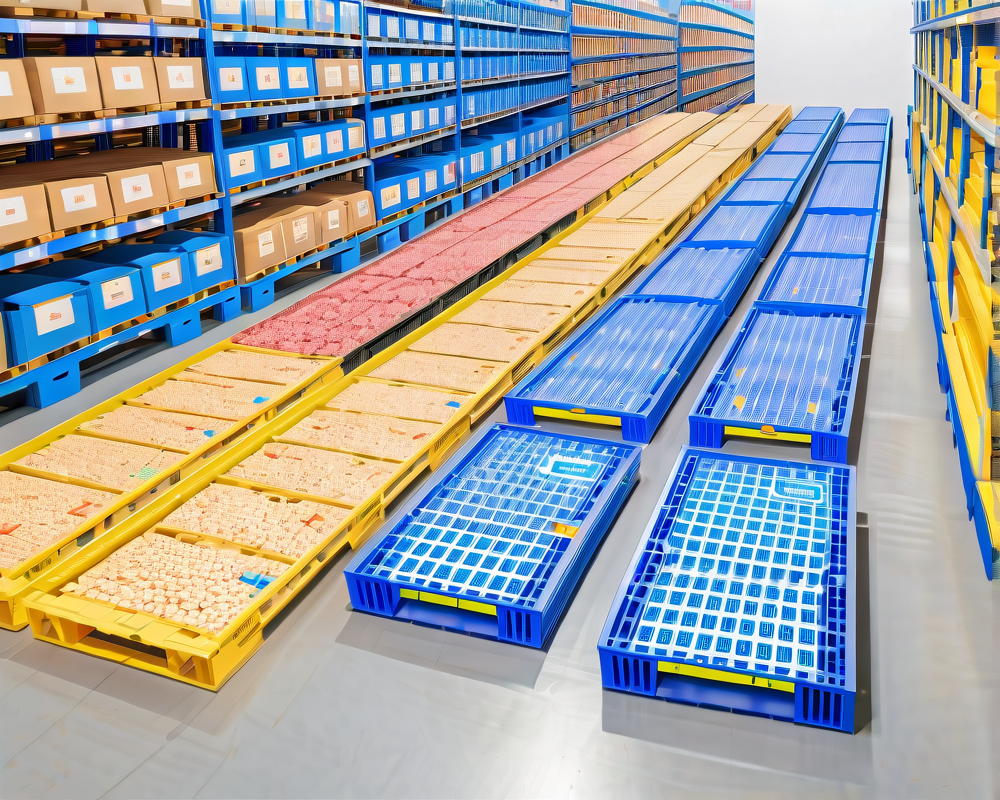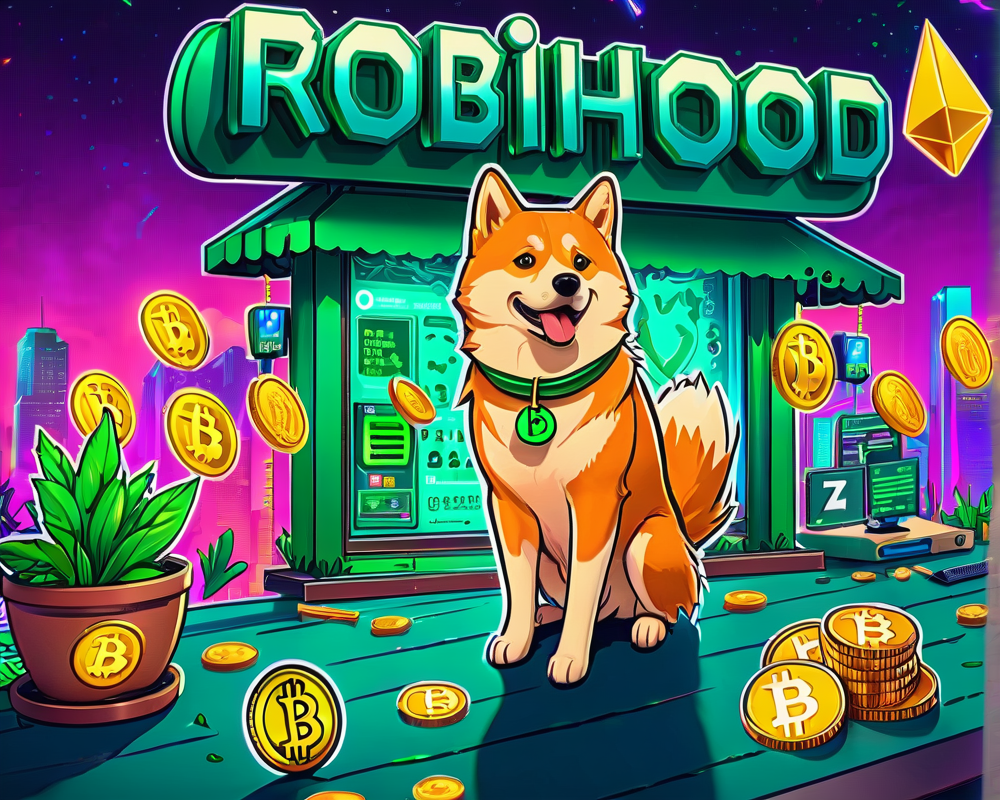Introduction to Blockchain in Supply Chains
In a world where efficiency is king, businesses are continually searching for innovative solutions to age-old problems. Enter blockchain technology—a buzzword that’s become nearly as trendy as avocado toast. Among industry giants, BASF, a German chemical heavyweight, is diving headfirst into the blockchain realm, particularly in enhancing its supply chain processes.
The Problem with Traditional Delivery Methods
Imagine ordering a batch of ingredients for your homemade guacamole only to discover upon arrival that half of them are missing, and the avocados you do receive are bruised and sad. It’s a nightmare. Similarly, BASF has faced challenges with incomplete or damaged deliveries that would make any warehouse manager break into a cold sweat.
Meet the Smart Pallet
BASF’s new partnership with the startup Quantoz aims to tackle these logistic woes by creating what are known as smart pallets. These aren’t your average wooden boxes; smart pallets are equipped to keep tabs on various factors related to their cargo. Here’s what they do:
- Track Location: Know exactly where your shipment is at any given moment—no more playing “Where’s Waldo” with your deliveries.
- Monitor Movement: Have peace of mind knowing if your pallets are taking a joyride or simply experiencing standard transportation.
- Check Loading Status: Get real-time updates about how much product is actually loaded.
- Assess Impact: Gauge any potential damage from bumps along the way, allowing for quick responses and minimizing loss.
The Magic of Blockchain Integration
So, what does blockchain have to do with it? By integrating this advanced technology, BASF ensures that all data pertaining to the shipment remains secure and tamper-proof. According to their recent press release, this leads to:
“A secure and transparent material and data flow in the future.”
In other words, the company is promoting integrity in its operations, which can only be a good thing in an era where data breaches seem as common as bad selfies.
Why This Matters for Businesses
With growing awareness about blockchain applications, enterprises like BASF are recognizing the potential to solve internal issues and enhance their operational efficiency. Whether it’s the food industry, retail, or logistics, the possibilities for applying this technology are endless. Who wouldn’t want a little more transparency and security in their supply chain?
Final Thoughts
BASF’s venture into smart pallets illustrates just one example of how innovative companies are leveraging blockchain technology to improve logistics. In a landscape where delivery errors can lead to significant financial losses, the proactive measures taken by BASF may well set a new standard for the industry. So, next time you enjoy a perfectly ripe avocado, you might just be thankful for blockchain too!




